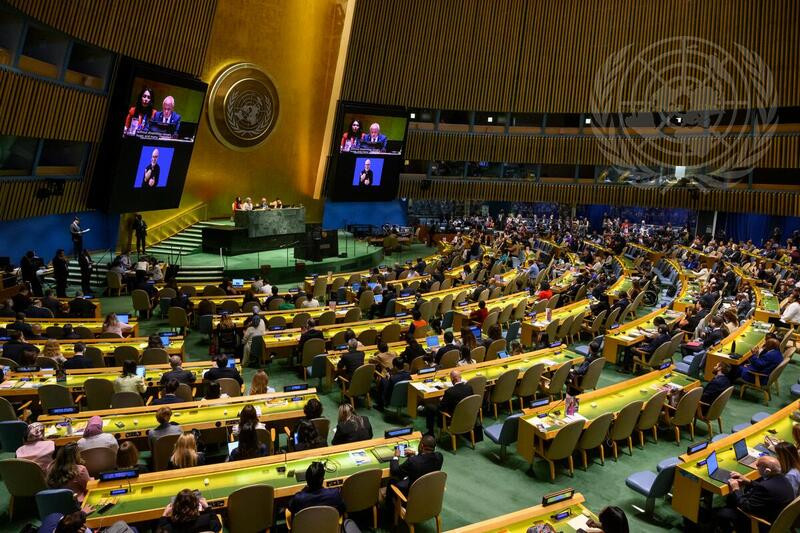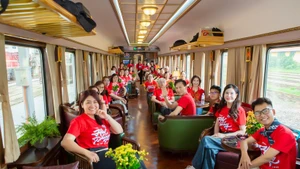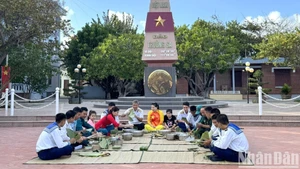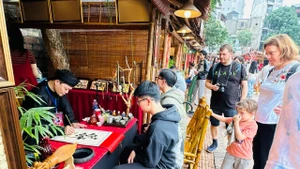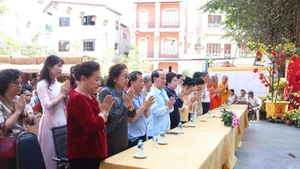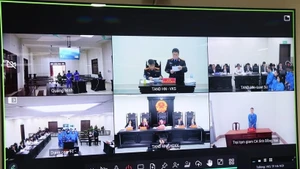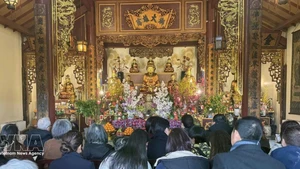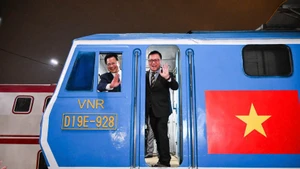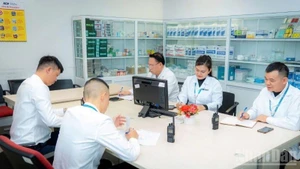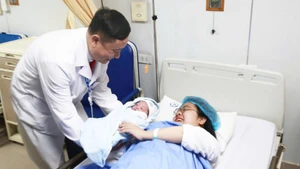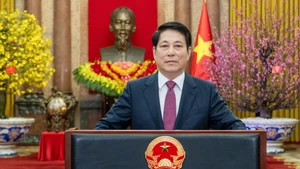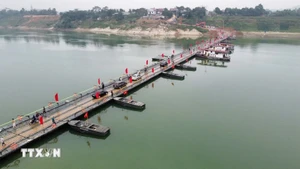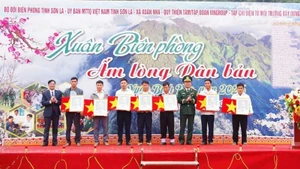The conference touched upon a series of topical discussions on both the challenges and opportunities faced by people with disabilities, while also affirming the efforts of the international community to ensure justice for vulnerable groups.
Having come into force in 2008, the Convention on the Rights of Persons with Disabilities marks an important milestone in efforts to promote, protect, and ensure the full and equal enjoyment of the rights of persons with disabilities.
Since then, the Conference of States Parties to the Convention on the Rights of Persons with Disabilities (COSP) has been held annually to monitor the implementation of the landmark treaty signed by 191 UN Member States.
As the largest global meeting focuses on disability rights, COSP ensures countries “keep their promises” of equal rights for all.
As the world is paying more attention to conflict hotspots and artificial intelligence (AI), COSP17’s agenda is also designed to focus on humanitarian crisis and climate disasters as well as opportunities and challenges in the fields of employment and new technology.
Delegates also proposed solutions to remove remaining barriers so that people with disabilities can fully enjoy all human rights.
The discussions about humanitarian emergencies began with the question: “What happens when you can't hear explosions in a war zone, or can't move your wheelchair to evacuate from a flood?”
Many delegates had to admit that in risky situations such as armed conflicts, natural disasters, and climate disasters, people with disabilities are often left on the sidelines in plans for preparedness, response, and recovery.
Indeed, in a joint statement on the current crisis in the Gaza Strip, United Nations experts warned that people with disabilities are at higher risk of infectious diseases, malnutrition, and death, all of which become increasingly likely as Gaza's civilian infrastructure collapses.
In that context, COSP17 focused on new innovative efforts that are working and challenges and solutions ranging from climate-related disasters to conflict.
For people with disabilities, employment is really important in helping them integrate into society.
In fact, despite receiving support, people with disabilities still face obstacles when participating in the job market.
Although laws have been issued and support networks for people with disabilities have been established in many countries, many problems still exist.
Current global reports still show uneven progress in employment for people with disabilities. That's why COSP17 is set to present a range of solutions based on tried and tested efforts that are facilitating more people living with disabilities to contribute more to their families and society.
Events like COSP help the world to better understand the lives of people with disabilities.
This year, the conference focussed more on the opportunities and challenges of digital transformation in the context that the potential of new technology for vulnerable groups has become widely known.
Emphasising how digital transformation can help realise the changes brought about by the Convention on the Rights of Persons with Disabilities, COSP17 focussed on efforts to promote technological innovation towards increased social inclusion and empowering the rights of people with disabilities from the classroom to the workplace.
An estimated 1.3 billion people experience significant disability. They are among the most vulnerable groups suffering from poverty, disadvantage, and discrimination.
However, with their courage and determination, many positive stories about their actions and optimistic, life-loving attitudes continue to inspire and remind the world of what can be achieved by people with disabilities whey they receive support to unlock their potential. When we unite and respect the diversity of our flaws, great things will continue to happen.
